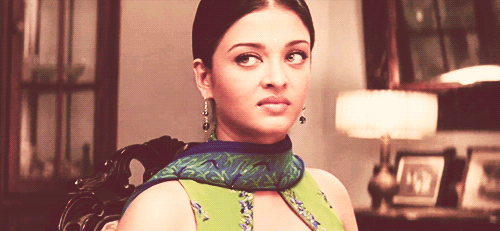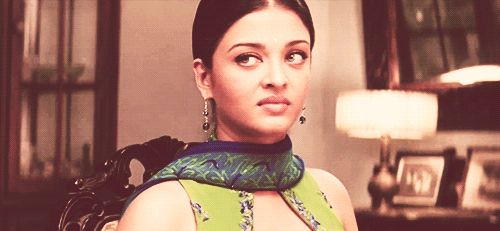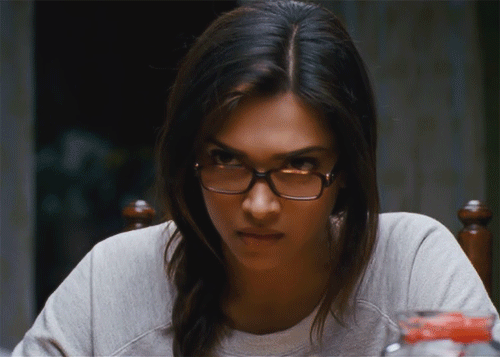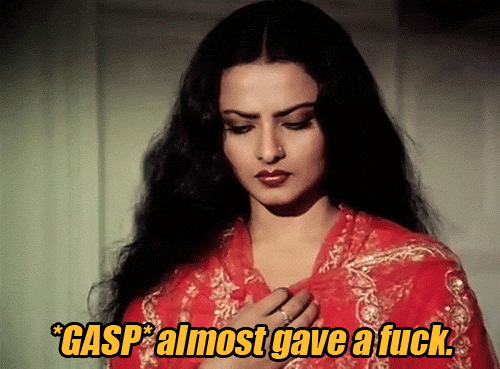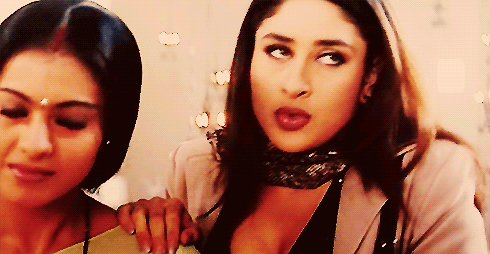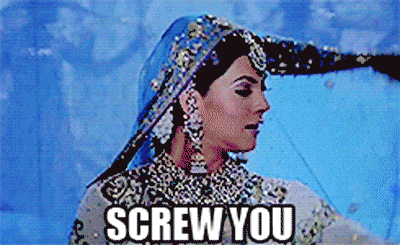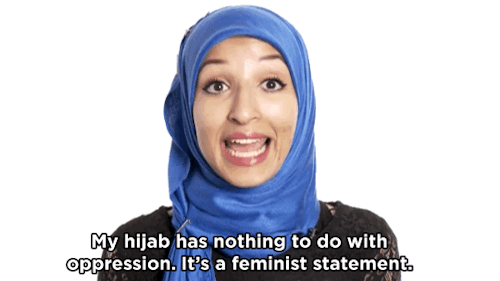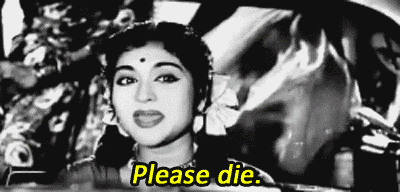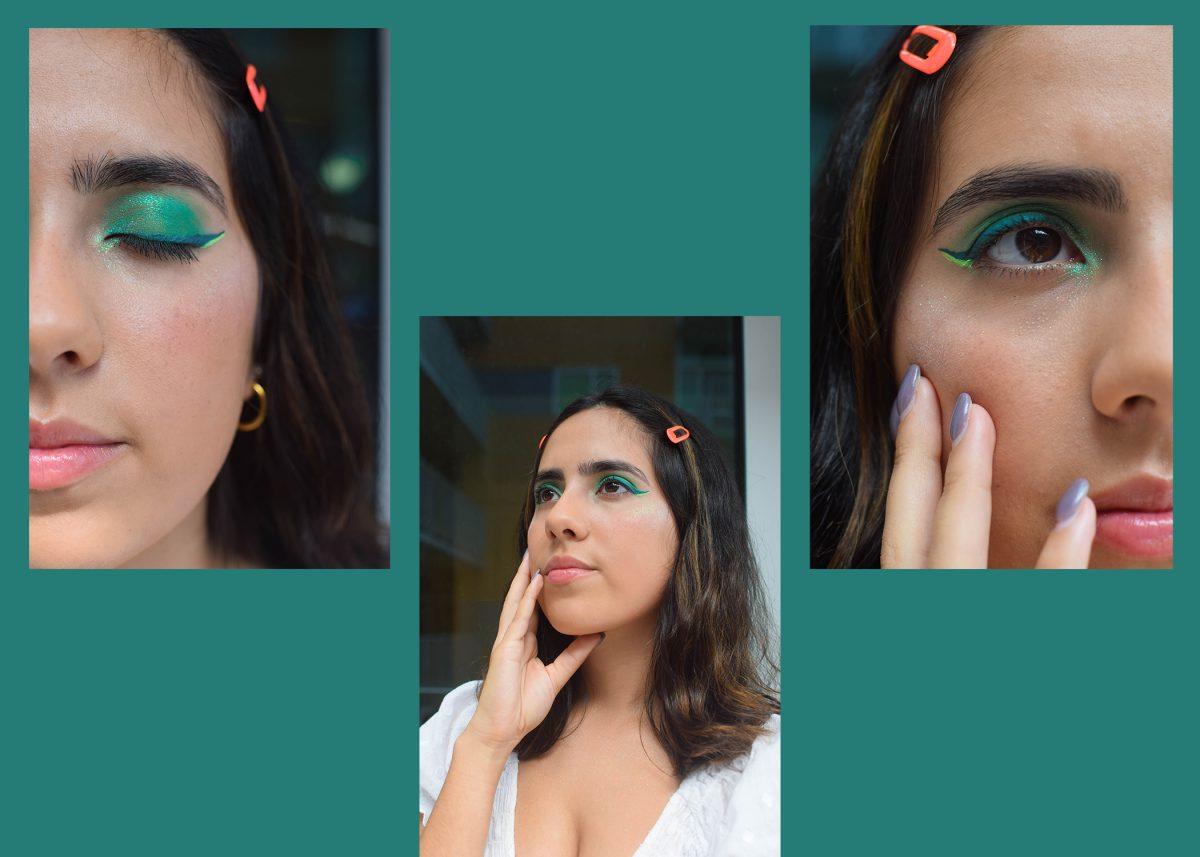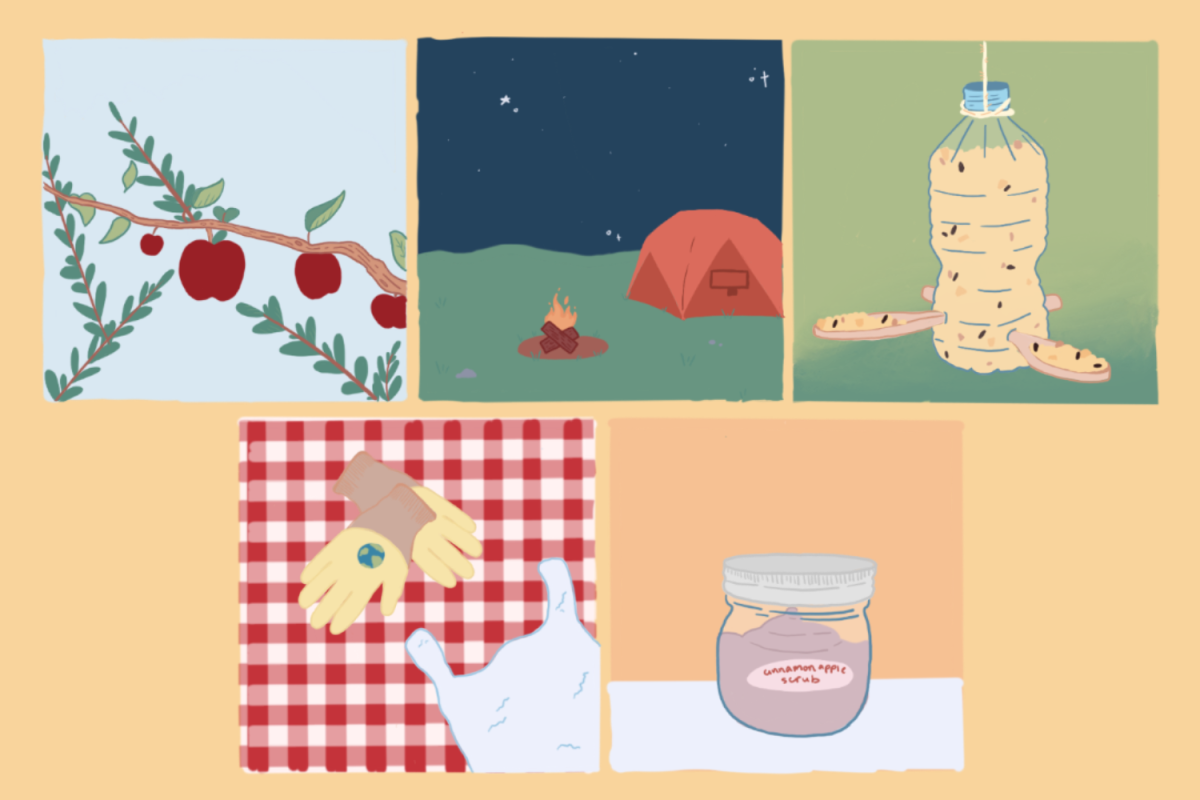Between nosy relatives, overbearing men and patronizing parents, South Asian or Desi women have heard it all.
Story by Rimsha Syed
The backhanded compliments and subtle racist remarks have shaped us into the unapologetically self-loving beings we are. Grab a mango lassi, get ready to relate, and remember that ain’t nobody like a Desi girl.
1. “Just so you know, I like exotic girls.”
Photo courtesy of InyMiny
Excuse me sir, don’t treat me like a piece of tropical fruit. Women of color are well-versed in the area of being hit on with insults. By taking two seconds to google “exotic,” you’d learn that the word should only be used to describe birds and places. The “exotification” of women of color fails to acknowledge the inherent sexist notions used to oppress us historically, and further creates an ideological difference between “us” and white women.
2. “You actually speak English really well!”
Photo courtesy of Giphy
Yeah, because for some of us, English was our first language? It is not a compliment to assume that people of color cannot speak English, especially without knowing anything about their background. The color of our skin does not dictate whether or not we can articulate a language that was a tool of imperial expansion in the first place.
3. “Why can’t you get all A’s, help around the house, and respect your parents like your cousin Bilal?”
Photo courtesy of Integrated Films
Through holiday season and beyond, we can find ourselves sitting at the dinner table listening to one of our relatives discuss their son’s academic success. It’s all fun and games until your parents start giving you the disappointed look, or hold a post family reunion lecture entitled “How to Be More Like Your Cousin 101.”
4. “You should try this homemade skin lightening remedy!”
Photo courtesy of InyMiny
Honestly, when are we going to stop equating beauty with Eurocentric features? There is a multibillion-dollar industry existing in countries across the world, profiting off of skin-whitening cosmetic products and sending an array of mixed messages for women trying to love their melanin. Let’s leave Fair and Lovely in 2016.
5. “So what are you going to be— A doctor, lawyer or engineer?”
Photo courtesy of InyMiny
If every South Asian child studied medicine, law, or engineering, we’d lack representation in fields including social work, teaching, writing, business, art and the music world. We know how the story supposedly goes; we are all STEM-brained, motivated students who have no desire to branch out and seek creative outlets and disappoint our community. Parents may have our best interests at heart, but being raised in a rigid academic culture can put pressure on students to continue studying something they have no interest in pursuing.
6. “Do you speak Indian?”
Photo courtesy of Subhash Ghai Films
I think a major geography lesson was missing from high school curriculum if people can’t differentiate between languages and countries.
7. “Are you wearing that because you’re oppressed?”
Photo courtesy of womeninworld.tumblr.com
Look, many South Asian women chose to (or not to) cover up based on a personal relationship with the religion that no person or society has any influence on. The respectful thing would be to not question any woman’s choice of dress code.
8. “You smell like curry!”
Photo courtesy of InyMiny
Since the elementary school days, many young students of color can relate to being bullied in all aspects of our cherished cultural traditions, only to grow up and realize that our heritage has been appropriated left and right. Remember being painfully embarrassed to open your school lunch box, not knowing if mom packed nihari or samosas for lunch? Or being shamed for body hair? Having thick eyebrows? Wearing henna? Also, curry actually smells and tastes fantastic, so I’m going to take this as a compliment.
9. “You’re pretty for an [insert race/ethnicity of a non-white person]!”
Photo courtesy of InyMiny
Unfortunately, many men and women of color have grown accustomed to phrases that exemplify white privilege and the narrative that dark skin isn’t beautiful. Telling someone they’re attractive for a certain minority group usually means they have certain Eurocentric features equated to beauty. Thankfully, many of us have grown to embrace the color of our skin and realize that brown is beautiful.
10. “Are you going to have an arranged marriage?”
Photo courtesy of InyMiny
Let’s be real, not everyone understands how arranged marriages work and the perception can turn it into some constricting, forceful arrangement between two complete strangers with no say. For most South Asian immigrant children living in the diaspora, marriages are open to choice and discussion for both parties.






























